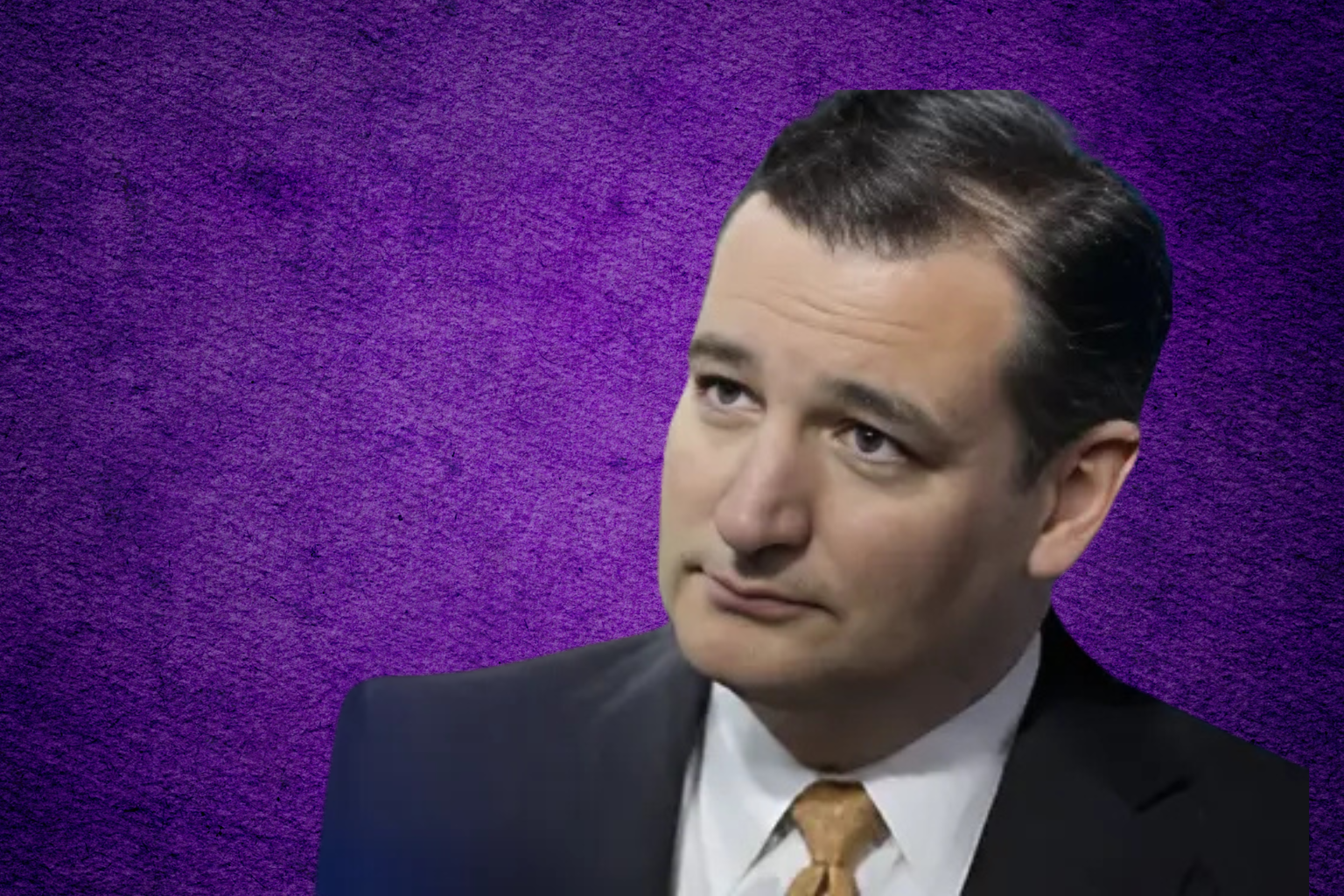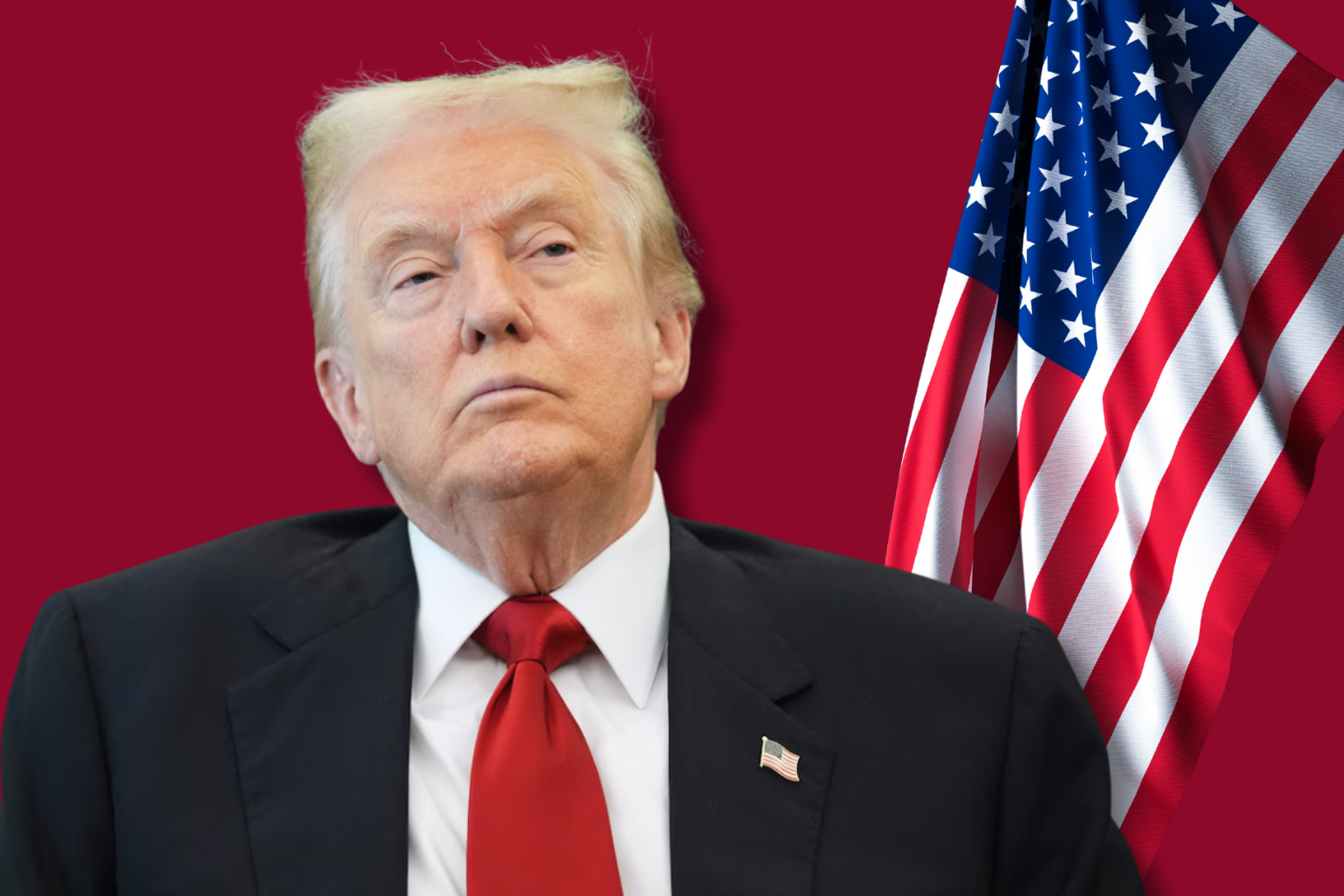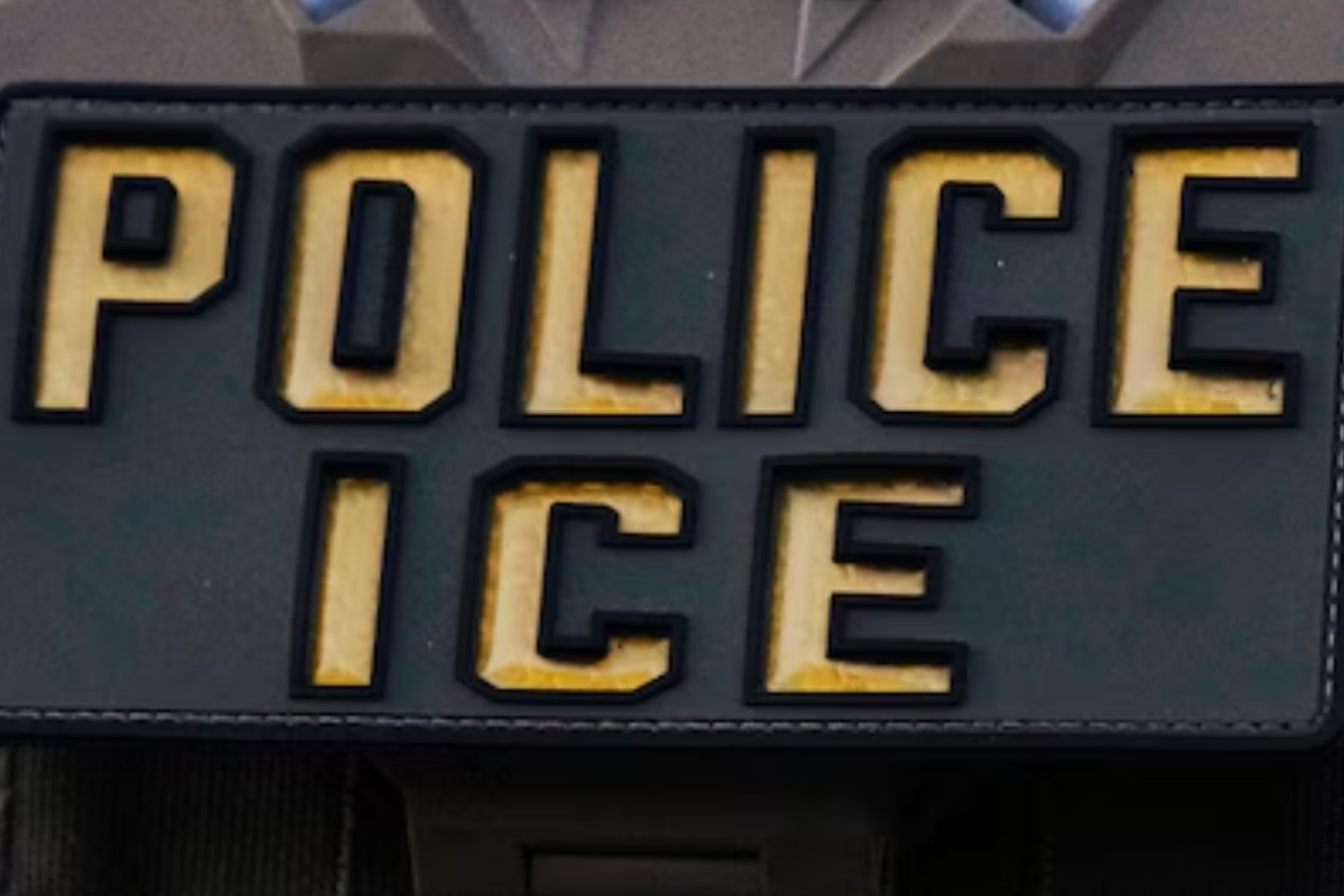Ted Cruz Condemns FCC Chair’s Threat to ABC as ‘Dangerous’ — Warns Against Political Censorship

This week, Republican Senator Ted Cruz termed FCC Chair Brendan Carr’s statements about pressuring ABC over Jimmy Kimmel’s remarks “dangerous as hell.” Cruz said on his podcast that a government official threatening regulatory action against a broadcaster was a big error, even when Kimmel’s comments outraged conservatives.
The uproar began with Kimmel’s monologue attacking Republicans’ Charlie Kirk murder response. Kimmel speculated the shooter supported MAGA, sparking outrage. ABC canceled “Jimmy Kimmel Live!” after the backlash. Carr then suggested on a conservative podcast that corporations may “find ways to take action” against Kimmel or face FCC inquiry, which many regarded as a threat to ABC’s broadcasting license.
Cruz normally backs Trump administration officials, so his reaction was notable. He termed Kimmel’s statements “deplorable” and demanded punishment, but opposed government censorship. Cruz warned that regulatory power used to punish opponents might be used against conservatives if political control changes. He focused on free expression, government overreach, and the long-term implications of politicizing regulatory agencies.
Carr backers believe the FCC must ensure broadcasters meet public interest rules, notably for defamation. Legal scholars and media professionals say licensing threats chill. Affiliates’ fast withdrawals of Kimmel’s show show how even the perception of governmental pressure may influence corporate decisions in a media industry negotiating mergers, acquisitions, and license renewals.
The conservative movement is divided over this debate. Carr’s stern response to Kimmel was appreciated, but Cruz warned against short-term gains at the expense of civil liberties. He emphasized that defamation lawsuits, not government threats against broadcasters, should punish defamators.
The controversy will affect FCC enforcement, First Amendment protections, and media monitoring politics. As Kimmel is out, networks are under pressure, and political officials on both sides are speaking out, the case raises the question of whether government should police public speech.
Sources
The Washington Post
Los Angeles Times
Reuters
CBS News




